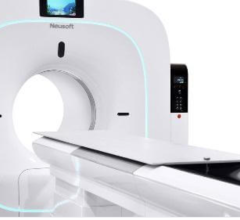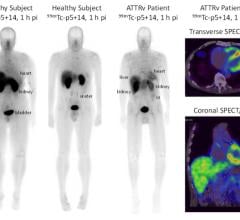August 22, 2013 — The American Society of Nuclear Cardiology (ASNC) has recently released an online education program for physicians and technologists involved in the practice of nuclear cardiology. This program offers continuing education credits and provides valuable quality control procedures and radiation safety information.
“Patient-Centered Imaging: Strategies for Reducing Radiation Dose Levels in Nuclear Cardiology Studies” is an interactive case-based online CME/CE activity designed to increase learners’ competence on the appropriateness of cardiac imaging testing and the rationale for reducing exposure to ionizing radiation in adults who are at risk for coronary artery disease. The activity is a valuable guide for healthcare professionals, including hospital practice administrators, who are involved in the field of nuclear cardiology.
The objectives of the program are for participants, upon completion of this online educational activity, to be able to:
- Demonstrate the importance of using appropriate use criteria to select the nuclear imaging tests and radiopharmaceuticals that will result in the lowest possible dose of radiation;
- Review factors that influence use of radiation exposure (age, medical condition, etc.); and
- Demonstrate techniques, technologies, software applications and acquisition parameters that will reduce radiation exposure.
The program faculty includes ASNC’s current president, James A. Arrighi, M.D., FASNC (Rhode Island Hospital/Alpert Medical School of Brown University), and vice president, Brian G. Abbott, M.D., FASNC (Rhode Island Cardiology Center/Alpert Medical School of Brown University). Additional faculty includes Gordon DePuey, M.D., FASNC; April Mann, CNMT, RT(N), NCT, FASNC; Leslee J. Shaw, Ph.D., FASNC; Kim A. Williams, Sr., M.D., FASNC; and Jack A. Ziffer, M.D., Ph.D., FASNC.
For more information: http://www.asnc.org/content_15364.cfm


 July 30, 2024
July 30, 2024 








